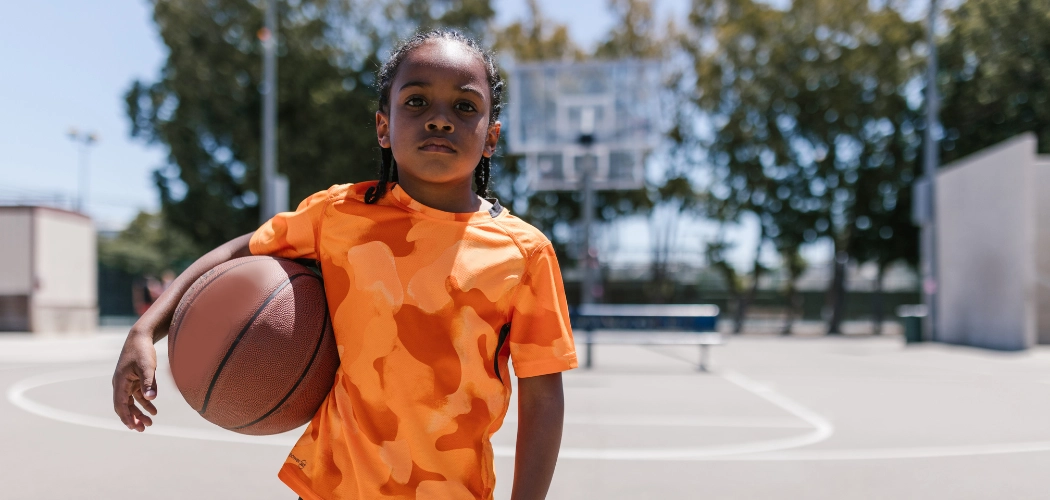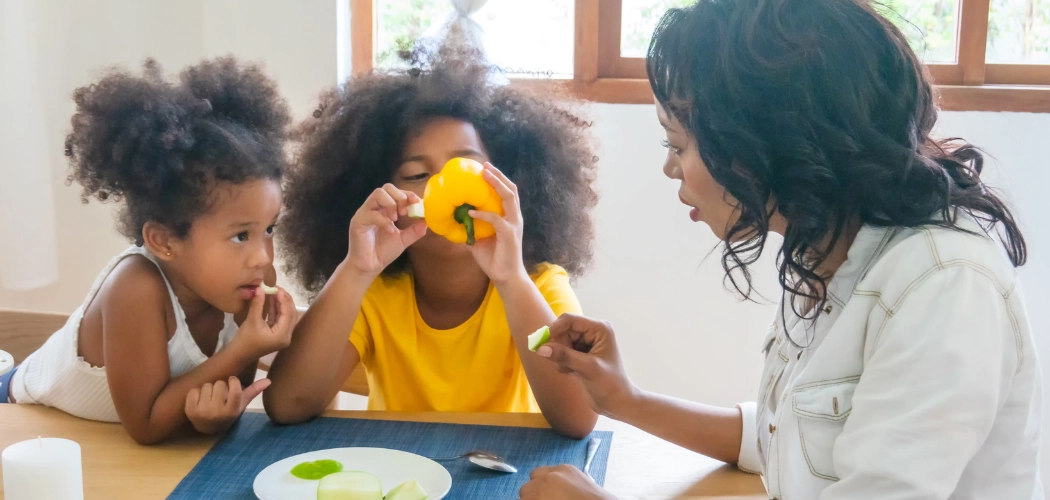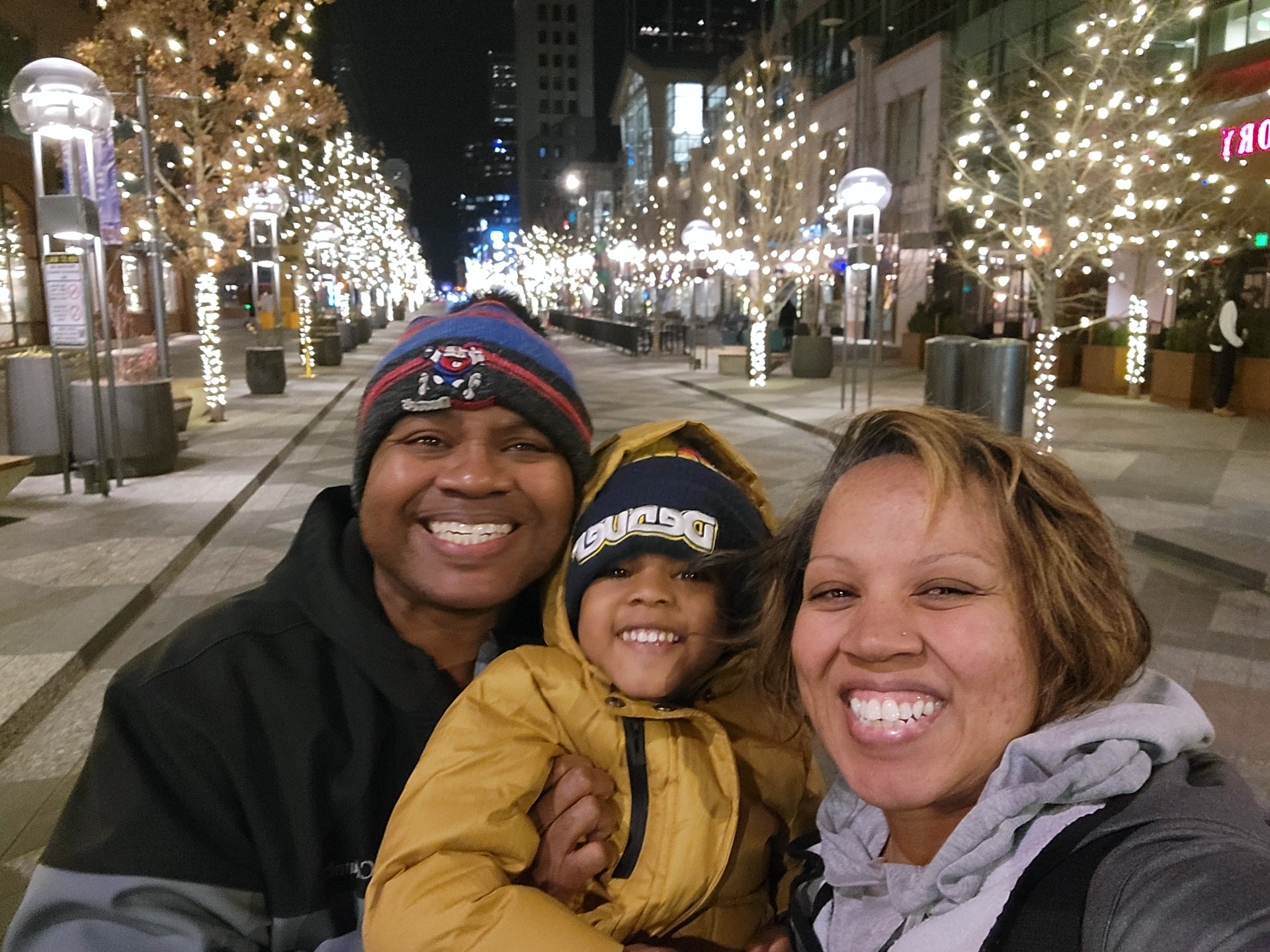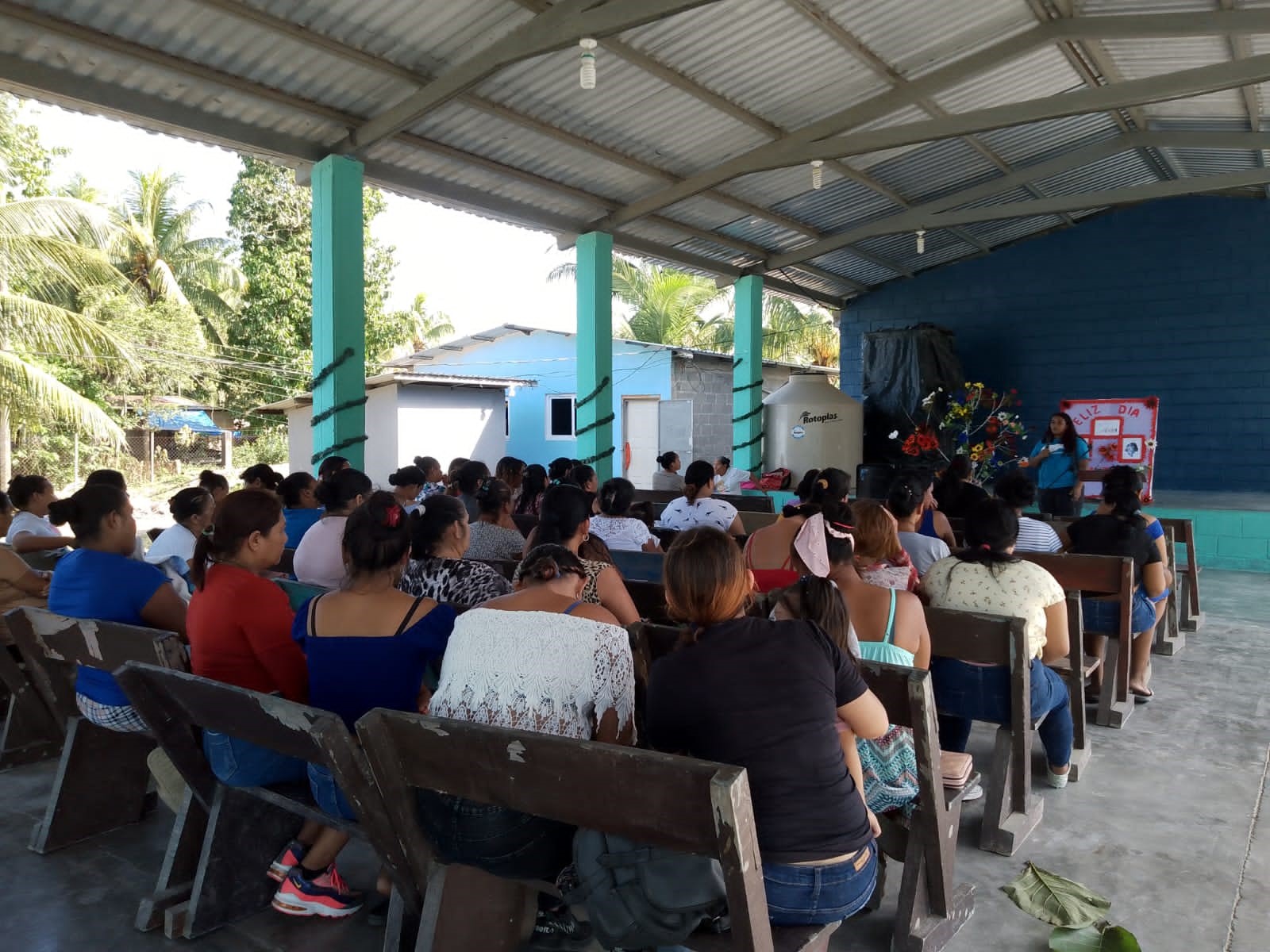It can be a little unsettling to seethe unashamed glee with which your preschooler explores his or her private parts. What’s normal and what’s not? Here are some ways to know what’s going on and what to do about it.
Realize your preschooler has a normal curiosity. This age is simply an explorative time about clouds, toys, mud and the body! Your child is getting to know her world and that includes her private parts. Your child was created in a beautiful and meaningful fashion, and that’s a good thing. Not only that, but there’s pleasure in touching herself, and so she’s even more drawn to that area. This is not dirty or even sexual in nature. Let her touch herself and answer her questions about her sexual organs. She needs to know she has a mom who will help her understand herself without shaming her. In time, she’ll grow out of the curiosity, as she integrates her body with the rest of her life. Once the exploration is done, she knows what that part of life is about and then moves on to other things.
Give your child some ground rules. At the same time, your preschooler needs to know what is OK and what’s not OK. What is not OK is: other people touching his sexual organs and your child touching the private parts of someone else. Tell him, “Those parts are just for you to touch. They are private.” Also, let your child know that public touching is not appropriate. Say, “Touching yourself is not OK when you are with friends, at school, outside or at church.” These simple guidelines are less about sexuality and more about helping your preschooler know what’s inappropriate from other people (children or adults) and what is considered acceptable social behavior. It gives him a sense of personal boundaries that should not be crossed in order to protect him and to understand the limits of relationships.
Pay attention to disruptions. The red flag for self-touching is when it interferes with or disrupts normal life. For example, if your child constantly explores and can’t stop; talks nonstop about her private areas; gets alone when she should be with friends so she can touch herself; or goes to self-touching when she’s upset, afraid or lonely. Then it may mean that sexual touching is taking the place of some normal life function, such as relationship, love, comfort or soothing. If this is the case, you may want to consult a child therapist to check if there is a clinical issue. For more information on the development of your child, refer to our book Raising Great Kids.
Be a mom who helps her child know that his or her body and sexual organs are good things. The less anxiety you show, the less he or she will feel stressed and should then grow out of it.
Dr. Cloud and Dr. Townsend are psychologists, leadership coaches and the -authors of many books, selling over 5 million copies, including Raising Great Kids, Boundaries, Boundaries with Kids and Mom Factor.For more information or for a complete list of their extensive resources and speaking engagements, call(800) 676-HOPE or visit their website at cloudtownsend.com.





